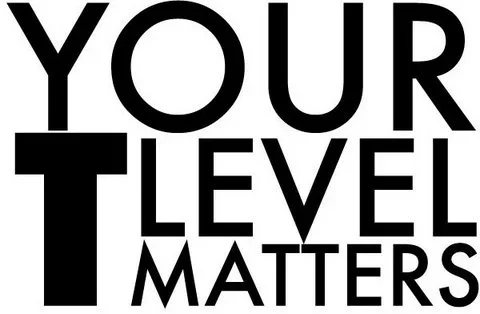Nelson Vergel
Founder, ExcelMale.com

From the book: Testosterone: A Man's Guide
As discussed before, hypogonadism is caused when the testicles fail to pro*duce normal levels of testosterone. In one type of hypogonadism, testosterone levels are low, while LH and FSH are elevated. In another, there is not enough secretion of LH and FSH needed to tell the testicles to produce needed testosterone.
Some commonly used medications such as Megace (an appetite stimulant), Nizoral (an anti-fungal agent), Prednisone (an anti-inflammatory corticosteroid) and Tagamet (an antacid) can also lower testosterone production. Illness and aging can cause a decrease in testosterone and/or an increase in sex hormone biding globulin (SHBG). Furthermore, high prolactin hormone levels may suggest a pituitary tumor that may be causing a decrease in testosterone production.
It is important that your doctor measure hormones in the HPGA cascade to diagnose what kind of hypogonadism you have. The most common kind of hypogonadism presents low testosterone with normal or elevated FSH and LH levels, which indicates that your testicles are not responding to the signals of both LH and FSH. This is what is called primary hypogonadism.
There are several reasons that testosterone levels may be low:
• Too much testosterone is being converted into estrogen through the activ*ity of the aromatase enzyme, and/or the liver is failing to remove excess estrogen. This could be caused by heavy alcohol intake or the effect of some medications on estrogen clearance in the liver.
• Too much free testosterone is being bound by SHBG. This would be especially apparent if a male’s total testosterone level is in the high reference range but his free testosterone (unbound) level is low. As previously mentioned, aging and illness increase SHBG.
• The pituitary gland, which controls testosterone production through the production of LH, is not secreting enough LH to stimulate production of testosterone by the testicles. In this case, total testosterone would be low.
• The hypothalamus is not functioning properly. LH levels of less than 2 ng/mL suggest a lesion in this part of the HPGA.
• The testicles have lost their ability to produce testosterone, despite ade*quate amounts of LH. In this case, the level of LH would be high (greater than 10 ng/mL) despite a low testosterone level.
• Dehydroepiandrosterone (DHEA) level is abnormally low. DHEA is a hormone produced by the adrenal glands that has a lot of the same benefits as testosterone. It also is a precursor to testosterone in women.
• Disease or infections.
• Street drugs, prescription or over-the-counter medications (more on this later).
• Foods (more on this later).
• Lab error.
• High prolactin levels, which may indicate the presence of a pituitary tumor that impairs production of hormones that tell your testicles to produce testosterone (rare condition but worth mentioning!)
• Defects in genes that affect LH and FSH production.











